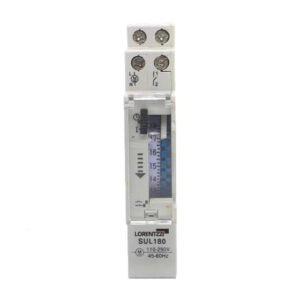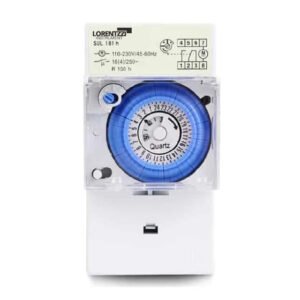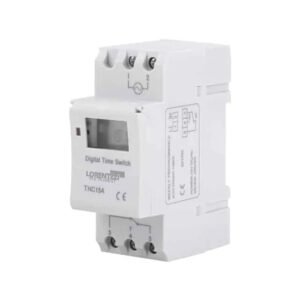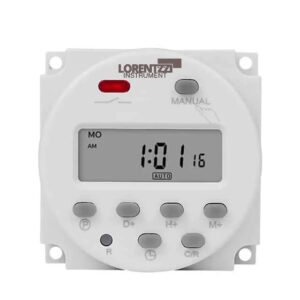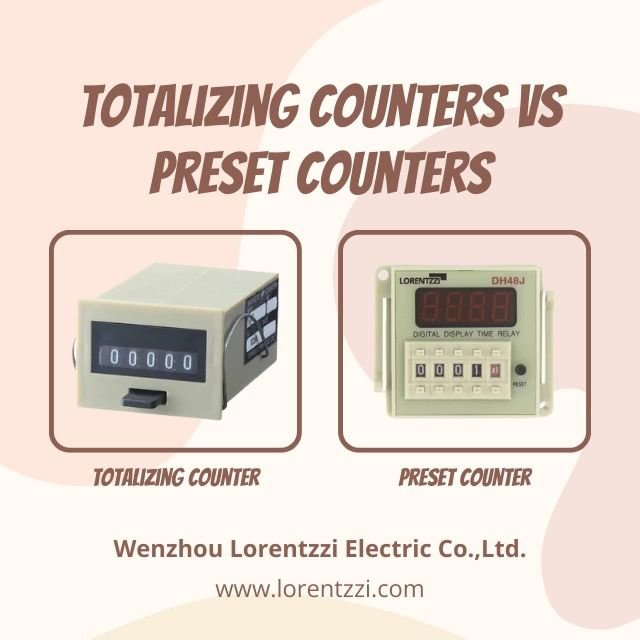Today’s rapid development has witnessed the popularity and use of timers, which play a vital role in energy saving and controlling the timely switching of loads.
Timers are always used to turn on or off equipment at the required time. For example, if an advertising light box or street light turns on at a specific time when night falls, the timer can realize the function of scheduled turning on.
In the market, we often see two kinds of timers, namely analog timers (also called mechanical timers) and digital timers, so what is the difference between them? And how to choose the right product that suits your requirements?
Read this article and you will find the answers. Now let’s dig a little deeper!
What is the analog timer?

Sources from: https://www.youtube.com/watch?v=Tsud63iJ3FY
As the name suggests, an analog (mechanical) timer is mainly composed of mechanical parts and some digital parts like coil, capacitor, printed circuit boards(PCBs), but the mechanical parts occupy the most, such as gears, mechanical setting dial and so on.
The applications of analog timers include:
- Appliance Control: Some appliances, such as air conditioners and heaters, use analog timers for scheduling when they turn on or off. This helps in energy conservation and cost savings.
- Gardening And Irrigation: Analog timers are employed in gardening to control the duration of watering systems. They can be set to turn on and off at specific times to maintain proper soil moisture.
- Swimming Pool Pump Control: With its reliable characteristics, analog timers are widely used in swimming pool water systems to control the start and stop of the water pump, so that the swimming pool water can be drained and filled regularly, thereby making the swimming pool hygienic.
- Home Automation: Analog timers can also be used for home automation, such as opening or closing curtains at certain times of the day, turning lights on or off at scheduled times, etc.
What is the digital timer?
Digital timers are usually equipped with a large LCD display, where the working status and set time can be clearly seen.
Digital timers are composed of digital circuits, they belong to electronic time devices.
A typical digital timer circuit is as follows:
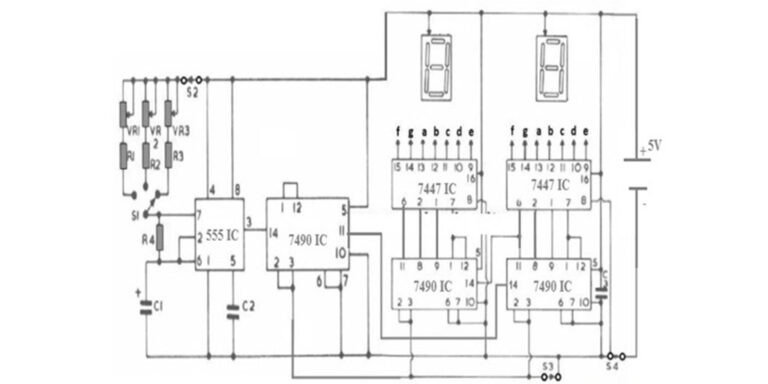
Image courtesy: https://www.watelectronics.com/digital-timer/
What are the differences between the analog timers and digital timers?
According to our rich experience, there are 5 major differences between analog timers and digital timers. We will explain them one by one as follows:
1. Anti-interference ability difference
Analog timers are more reliable and resistant to electromagnetic interference than digital timers.
2. Accuracy difference
But if compared in terms of accuracy, analog timers are not as good as electronic timers.
3. Appearance difference
If we have two different timers on hand, the most obvious difference is in appearance. The analog timer has a mechanical operating dial, while the digital timer has an LCD or LED display and requires the use of buttons to set the time.
4. Operational flexibility difference
As mentioned above, analog timers use a dial to set time, while digital timer uses a soft button to do so and features a clear LCD or LED display, so analog timers operational flexibility is not as good as the digital one.
5. Reliability differences
The analog timer has a relatively simple structure, is sturdy and durable, has low maintenance and replacement costs, and has a long service life. While digital timers are easily affected by environmental pollution, temperature, interference and other factors, so their reliability is relatively poor
Conclusion
After reading the above, you probably have a clear idea of which timer you should use for your application.
Simply put, analog timers are a more reliable and cheaper product option, digital timers are easier to operate and clearly see their working status.
Lorentzzi® has more than 10 years experience in producing timers in China, our timers categories include mechanical timers like TB388, SUL180, SUL181H and more, and digital timers such as KG316T, CN101A, THC30A etc.
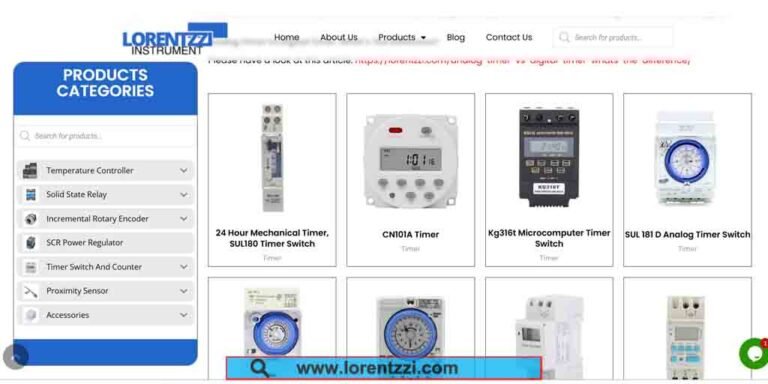
If you require analog or digital timers, please contact us at shonxu@lorentzzi.com and our team will respond within 24 hours.


